Safety Tips for Working with Heavy Machinery
Working with heavy machinery is incredibly rewarding, but it does require a healthy dose of safety and caution. Large machines increase the risk of serious injury when safety measures are ignored. Most workers understand basic machine safety tips like “don’t drink and operate heavy machinery,” but it is often far too easy to overlook other more subtle guidelines.
Whether you’re using a band saw or a forklift, we want to help you reduce the risk of accidents with the following important safety tips.
Always Inspect Your Equipment
When was the last time your equipment was fully and properly inspected? For most manufacturing hubs, the answer should be within the last few days. Some machinery may even require daily monitoring for efficiency and safety issues. You should train your workers to briefly inspect any equipment they use for issues prior to beginning their shift; follow this up with a daily, weekly, or monthly full inspection by an experienced repair or maintenance specialist.
Maintain Machines Properly
This tip falls under the previous tip, at least to some degree, but takes the concept just a bit further. Proper maintenance (whether oiling, replacing bearings, or even replacing old equipment completely) is crucial for overall worksite safety. Schedule in maintenance tasks and have at least one person in management oversee them. If they aren’t getting completed in a timely manner, find out why; it takes just one broken blade or bearing to cause a serious or fatal injury on the floor.
Watch for Blind Spots
Whether you’re using a large saw or a forklift, every piece of machinery requires you to work from a certain angle and position. This increases the chance of blind spots that can block your view and increase the danger. Before using machinery, determine where your blind spots are and do your best to keep them in mind at all times.
Have Communication Rules in Place
Nearly as important as proper maintenance is the need to communicate effectively when handling machines. If your floor is excessively loud, consider granting machine operators hands-free CB radios or smartphones for communication. Enact protocols for communication that support everyone knowing where everyone else is on the floor at all times.
For example, if someone is driving a forklift loaded with pallets, everyone around them should know that the forklift is active and driving around the floor. Safety lights, signs, and announcements can all assist you in achieving this goal.
Make Safety Equipment Mandatory
Last, but most certainly not least, is the need to make safety equipment mandatory. Depending on where you operate, this may not just be an optional tip, it could be mandatory, too. Items like protective goggles when using cold laser equipment or hard hats in fall zones keep your employees safe and reduce the incidence of accidents. Slacking off and letting your staff leave their safety equipment off could put their lives at risk.
If an accident happens and the courts can prove you neglected to enforce safety equipment rules, you could even be held responsible for compensation, too. Don’t take this risk; post rules clearly around the floor and enforce them whenever you see slips.
At Quantum Machinery Group, safety is always on our minds. For more information on enacting safety protocols, or to learn how we stress safety on our manufacturing lines, feel free to reach out to us today.


